By Kathy Karageorgiou
What does a flour mill and traditional Greek Pasta have to do with Australia?
Founder of the Award winning ‘Ilis’ pasta (Ζυμαρικά ΗΛΙΣ), spoke to The Greek Herald about his Greek pasta and his family’s Australian history.
“‘Ilis’ is named after the ancient Ilia prefecture of the Peloponnese, where the company is based,” says Theodoros Giannaras.
‘At its core, Ilis is still a traditional family business. My grandfather who was born in the early 1900’s, had his flour mill at the very same location,” he explains.
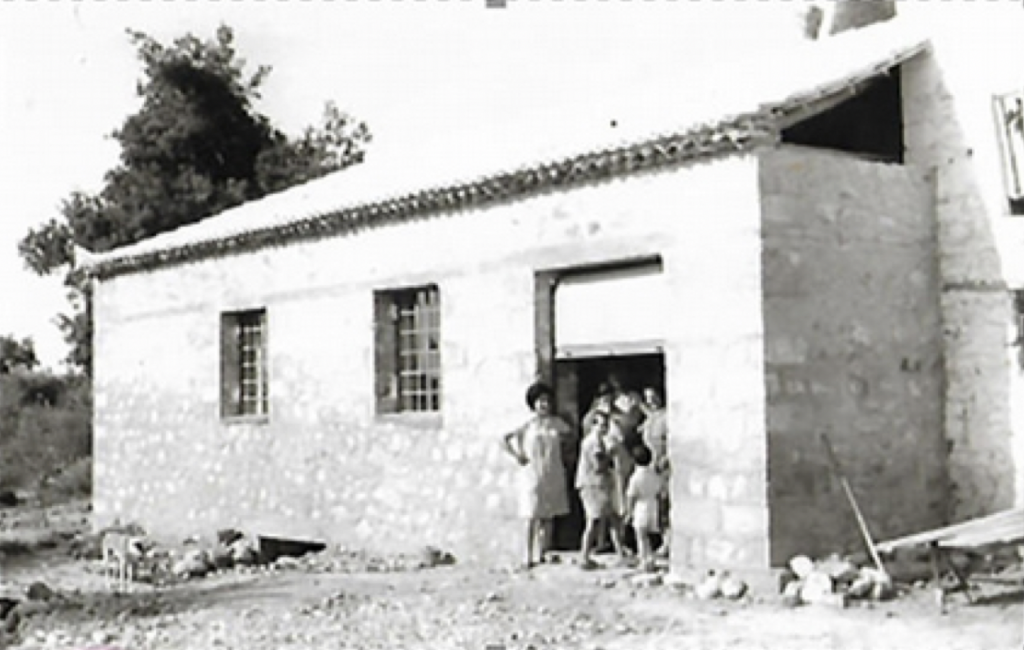
‘My father was the eldest sibling and he too worked in the flour mill, until leaving for Australia with my mother in the early 1960’s, where I was born.’
Somewhat wistfully though proudly, he tells me how his parents both worked hard in Australia’s factories, to fulfil their dream of saving money to return to Greece. They wanted to buy the flour mill for the family, rather than continue renting it as his grandfather had been.
Theodori’s parents did achieve their goal. Returning to Greece with a then four year old Theodori, they bought the flour mill outright and modernised it. Eventually Theodori’s father inherited the business, and Theodori continued working there, as he had done when his grandfather was still alive.
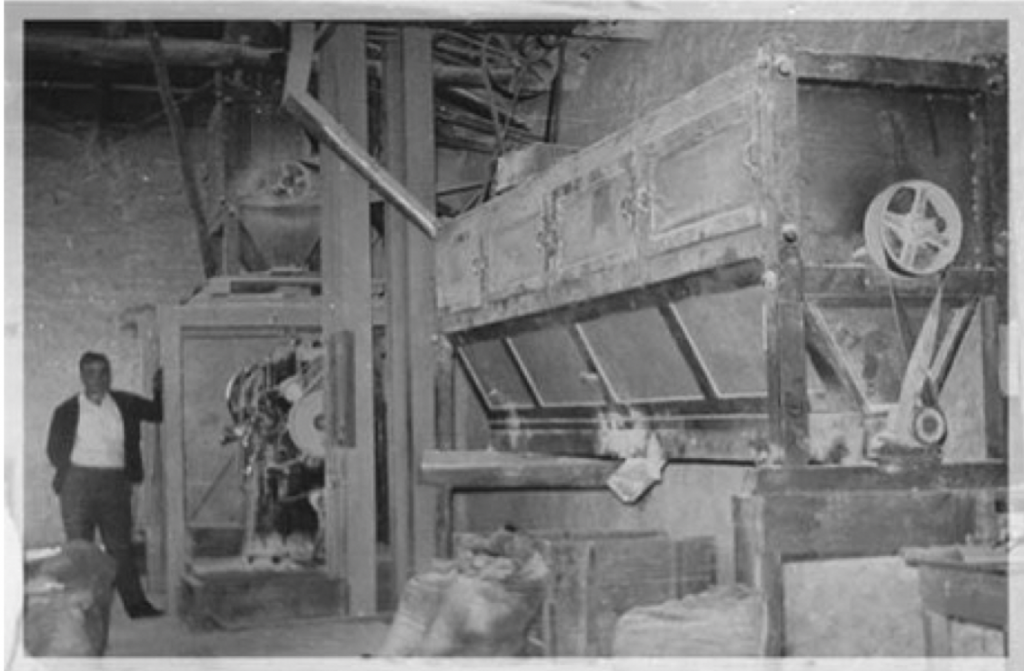
But … Australia beckoned once again. This time for the young Theodori.
‘It wasn’t easy for me to get where I am’, Theodori muses, humbly adding: ‘If it wasn’t for Australia, I really don’t think the family business would’ve made it this far.’
‘I too decided to go to Australia when I was eighteen, because I was getting restless, and wasn’t even sure if I’d return to Greece.He further informs me that trahana – as well as hilopites (‘more like Italian pasta in their yellowish colour from the eggs they contain, and sort of like fettucini cut into small squares’), were traditionally made in the spring and summer due to the supply of fresh eggs and milk, and were then stored for use mainly in winter.
After a year in Australia though, I missed my family, and the business. I returned to Greece with renewed interest and passion, determined to make something of it as the elder son, in the tradition of my ancestors,’ he explains.
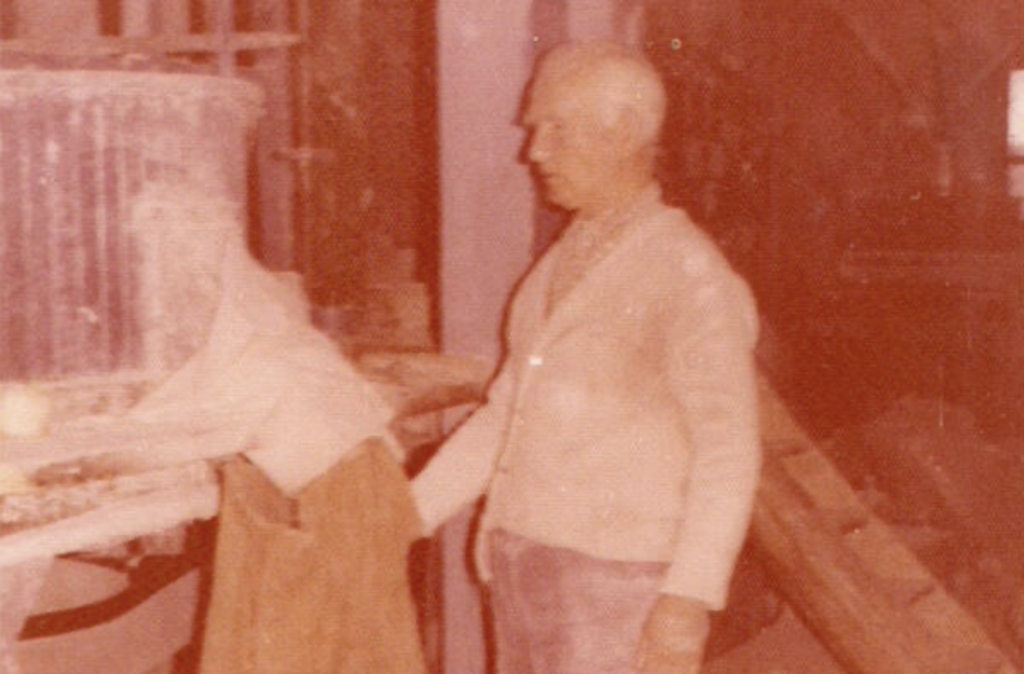
‘Australia inspired me with it’s multicultural environment, and food in particular.’
‘I noticed the popularity of Italian restaurants, as well as Asian noodle-based eateries for example. It was there that the idea of perhaps turning the flour business into a pasta business one day, took root,’ he says.
‘I recognised that a major part of the flour mill’s success was due to the surrounding villagers buying our flour for bread, but also for making Greek pasta such as hilopites and trahana.’
Asking him what he means by ‘Greek pasta’, Theodori responds by first describing trahana, as generally made from flour and milk. Traditionally, this dough-like mixture was hand cut (or scraped on a special board) into ‘tiny pieces shaped like pillows’ before it was left to dry.
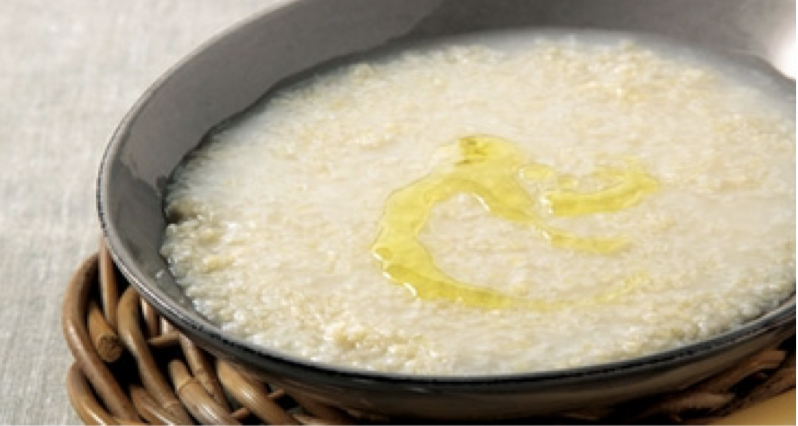
I mention to Theodori that tiny, ‘pillows’ is a good way to describe trahana, as it really has been a comfort food for me growing up in Australia and looking forward to a hot plate of it. Theodori nods in agreement.
He further informs me that trahana – as well as hilopites (‘more like Italian pasta in their yellowish colour from the eggs they contain, and sort of like fettucini cut into small squares’), were traditionally made in the spring and summer due to the supply of fresh eggs and milk, and were then stored for use mainly in winter.
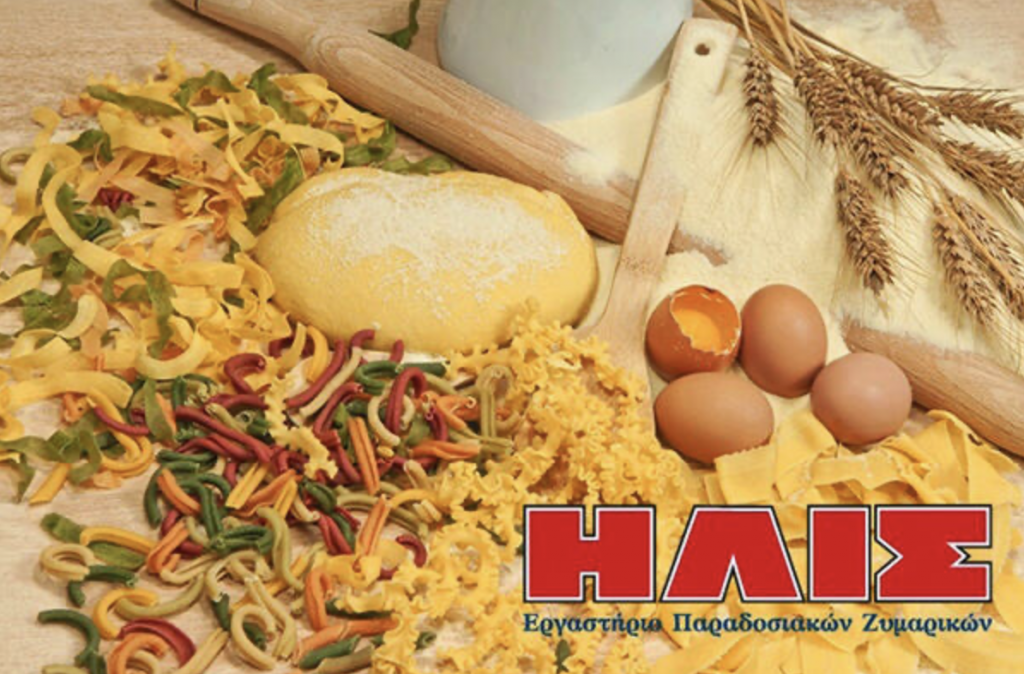
Adopting a philosophical perspective, he continues: ‘Our ancestors were forced by necessity, but also by wisdom, to respect nature and the offerings of its changing seasons, and this included planning in advance. Trahana and hilopites – Greek pasta, was a clever, and delicious way to preserve milk and eggs, giving people an accessible and cheap, protein meal to have in the winter, but also throughout the year.’
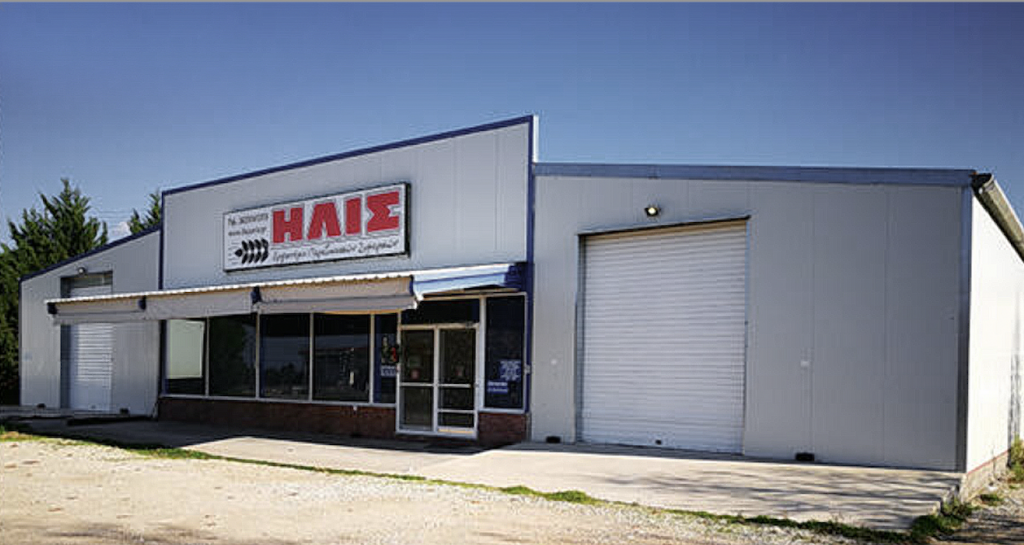
In his large, gleaming with machinery and buzzing with life factory headquarters and distributing centre where I am interviewing Theodori, he points out that Ilis pasta is being sold at over 200 outlets in Greece and also internationally.
He proudly points out his over 50 different pasta ranges, ‘made from natural, fresh ingredients.’
Apart from the traditional Greek pastas, there are golden yellow pastas taking on their colour from ingredients such as tumeric and saffron, as does the black, cuttle-fish ink spaghetti. I notice the porcini mushroom pasta as well, amongst the numerous, and various sized and shaped, other pastas. The ever innovative Theodori has even devised a high protein pasta.

‘I am also a bit of a chef now’ he adds smiling, ‘and I love experimenting with my pasta in recipes.’
Theodori has managed to successfully but also creatively continue a century old family tradition of making flour come to life, through Greek pastas of all sorts.
Asked if he plans to enter the Australian market at any time soon, he playfully yet sincerely responds, ‘of course mate! My second home.’
Time for another trip to Australia again … For ‘Ilis’ Greek pasta that is!

